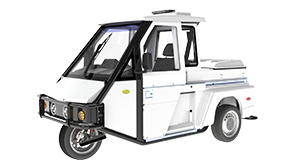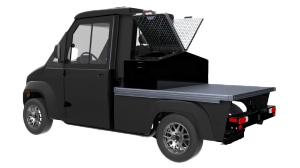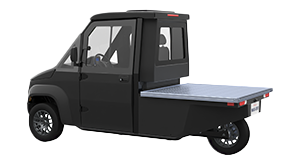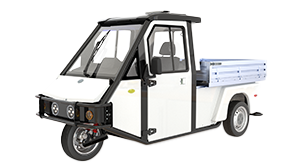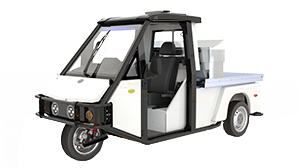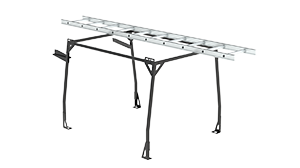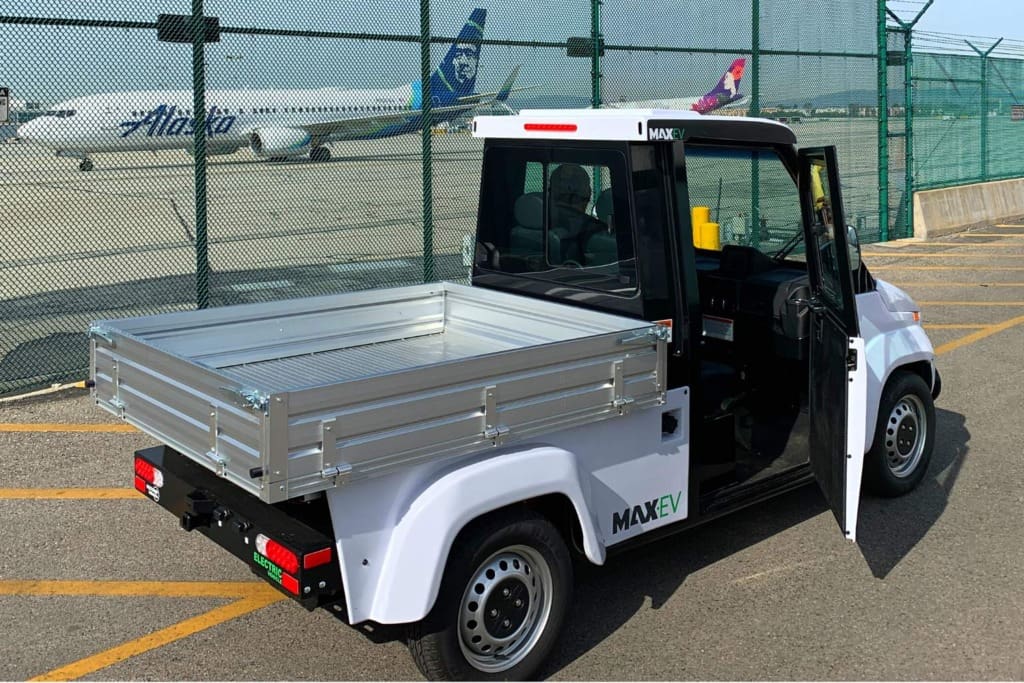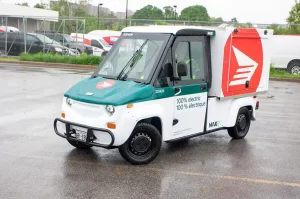The latest advancements in lithium-ion battery technology significantly influence the efficiency and longevity of electric vehicle (EV) fleets. This discussion explores how innovations in battery design, material science, and charging infrastructure are revolutionizing the electric mobility sector.
It also examines how Westward Vehicles leverages these technologies in its models, such as the MAX-EV and MAX 3, to offer enhanced performance and lower lifecycle costs.
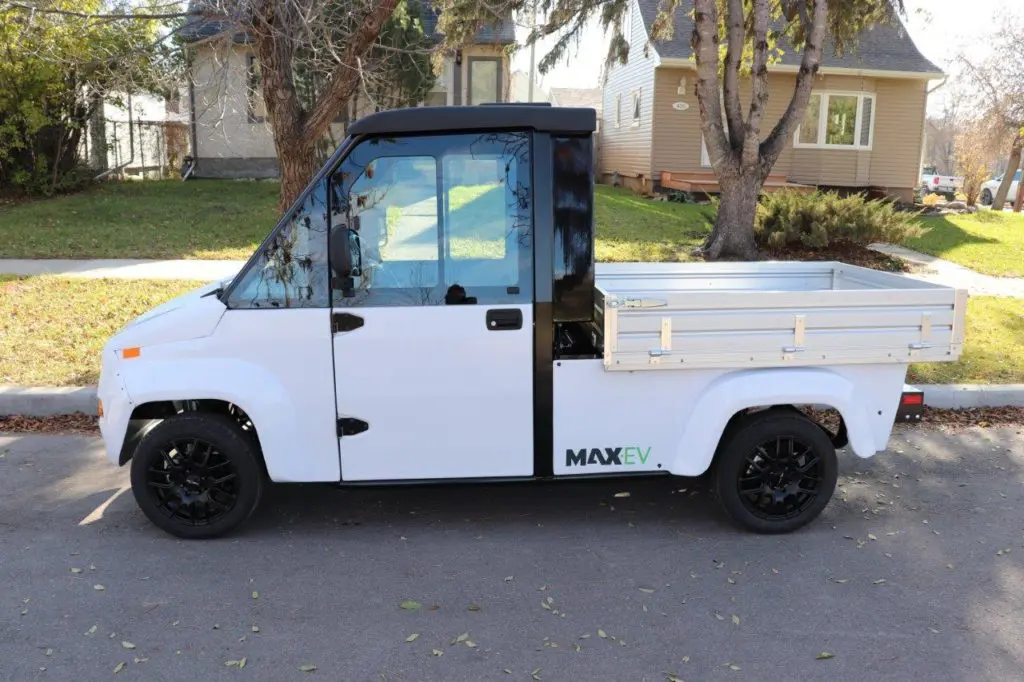
Innovations in Lithium-Ion Battery Technology
- Enhanced Energy Density: Recent developments have focused on increasing the energy density of lithium-ion batteries, allowing for longer driving ranges without increasing the physical size or weight of the battery pack. Innovations include the use of high-nickel cathodes, which offer a higher energy output per unit of weight than traditional cathode materials. Westward uses primarily NMC battery cells which allow for the greatest density when compared to traditional LFP battery cells.
- Improved Battery Management Systems (BMS): Advanced BMS are crucial in optimizing battery performance, enhancing safety, and extending the battery’s life. These systems monitor cell health and state of charge in real-time, enabling more efficient power management and predictive maintenance capabilities. The BMS safeguards the battery from higher temperatures and will adjust power delivery if absolutely necessary to avoid premature cell damage. Historically Westward has used the Orion BMS, a Made in the USA product based out of Illinois.
- Solid-State Batteries: Although still in the developmental phase, solid-state batteries promise significant advancements in safety and energy density over traditional lithium-ion batteries. They replace the liquid electrolyte with a solid, reducing the risk of fire and potentially increasing the battery’s life cycle. Once this advancement is ready for mass production, the opportunities for greater mass adoption are infinite.
- Faster Charging Technologies: Development in ultra-fast charging technologies aims to reduce downtime for EVs, making them more suitable for heavy-duty applications such as buses and trucks. New chemistries enable quicker energy absorption, reducing charging times to minutes rather than hours. Typically Westward vehicles work on level 1 or level 2, the 72 volt offering utilizes a 3.3kw on board charger, a future 6.6kw charger is being tested, greater reducing times for opportunity charging.
Impact on Fleet Efficiency and Longevity
- Extended Range and Reduced Downtime: The increased energy density and faster charging capabilities of modern batteries mean EVs can travel longer distances and spend less time recharging. This is crucial for fleet operations, where vehicle availability directly impacts operational efficiency.
- Lower Total Cost of Ownership (TCO): Advances in battery technology have not only increased efficiency but also reduced the frequency and cost of battery replacements. Enhanced durability and longevity of batteries reduce the overall lifecycle costs associated with maintaining an EV fleet.
- Environmental Benefits: Improved battery technology contributes to higher energy efficiency and reduced emissions per vehicle. For fleet operators, this means meeting stricter environmental regulations and achieving sustainability goals more effectively.
Case Study: Westward Vehicles
Westward Vehicles integrates these technological advancements into its fleet models, the MAX-EV and MAX 3. These vehicles are equipped with high-density battery packs and sophisticated BMS, offering improved range and reliability.
The incorporation of state-of-the-art battery technology enhances vehicle performance, reduces maintenance costs, and supports robust charging infrastructure, making them an ideal choice for fleet operators aiming to optimize efficiency and cost-effectiveness.
The ongoing innovations in lithium-ion battery technology are pivotal in enhancing the efficiency, safety, and sustainability of electric fleets. As these technologies continue to evolve and mature, they will play a critical role in shaping the future of transportation.
Companies like Westward Vehicles that adopt and integrate these advancements into their products are well-positioned to lead the market in the transition towards more sustainable electric mobility solutions.
